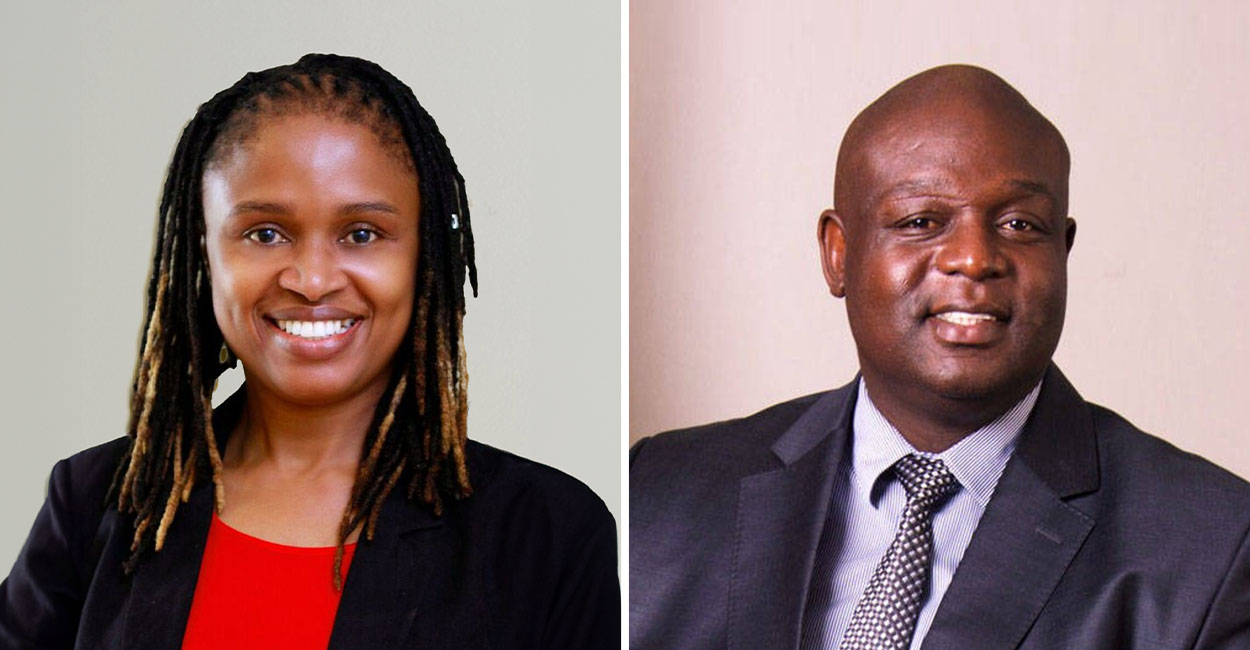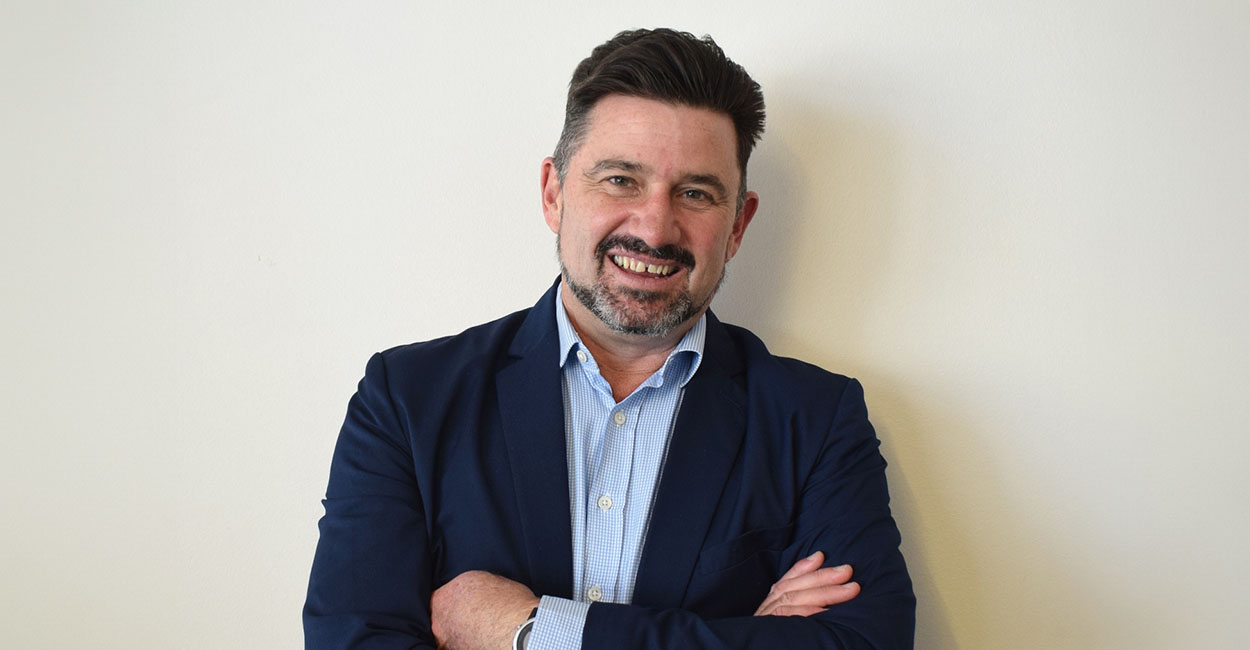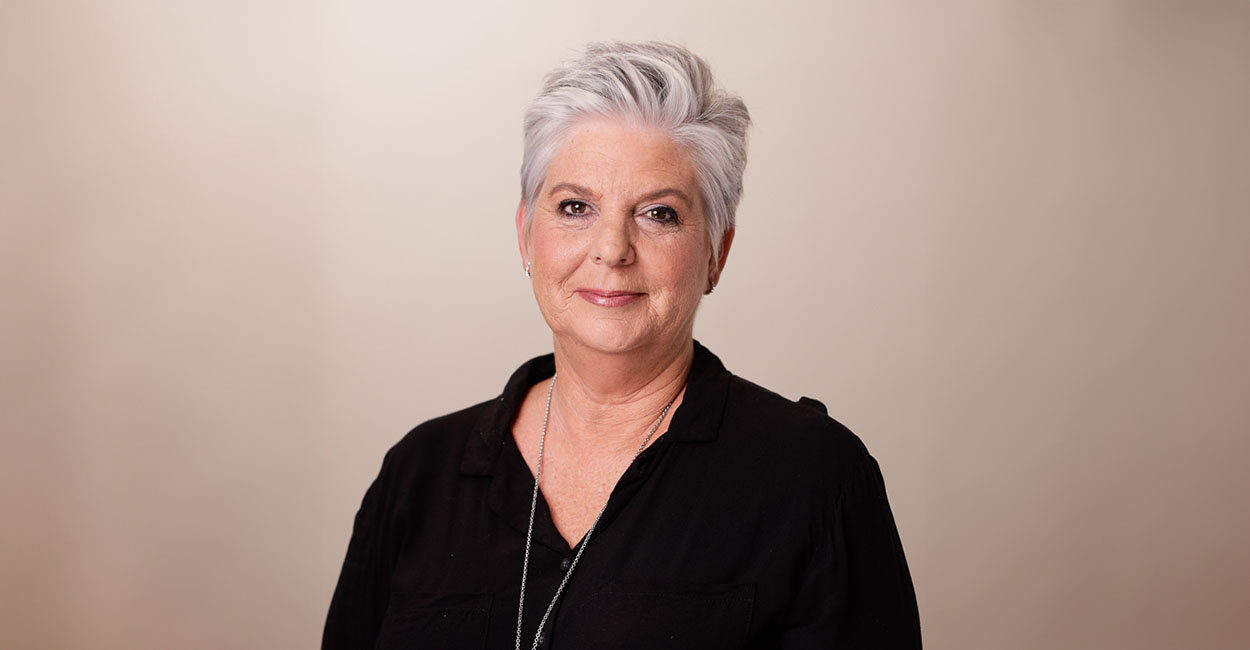With the property industry expanding each year, many people are faced with the tough decision of going it alone or joining an established property company as a franchisee.
Franchising accounts for less than 25% of the property industry, which is not much when you consider the size of the South African property market; but just think of some of the groups in the property industry that started out as a single company and are now major franchises and well-recognised names.
There is a lot to be said for going it alone and building a property company from the ground up, just as there are many positive aspects to joining a well-established franchise.
Seeff Says…
Said Seeff chairman Samuel Seeff: “Real estate is essentially a people business; you are dealing with people, whether you are listing the property of a seller or liaising with buyers – it is all about people skills. There is no one formula for success, and it is very community based – the most successful operators are those who work closely within their local communities.
“It is also about entrepreneurship. A franchise model allows smaller entrepreneurs to become part of a strong umbrella real estate brand and benefit firstly from the brand strength and secondly from the infrastructure and resources.
“For the franchisee, the benefits of joining franchised operations far outweigh that of trying to start up your operation, establish a brand, build a reputation and fund the infrastructure required to run a successful real estate business. The particular franchisee can run the business according to local market dictates and requirements. There is generally also the opportunity to expand the business by, for example, buying additional areas. Franchisees are, on the whole, able to still manage their business directly while leveraging the strengths, ethos and resources of the umbrella brand.
“For the franchisor, the real estate umbrella brand is able to more effectively spread its footprint through individually operated franchisee businesses that have a strong footprint and track record in a particular area. In the South African real estate sector, the franchisee has proved particularly effective. The model also works well in the US and Australia.”
There are some disadvantages to joining a franchise, the main being that you are not creating your own company. When you buy into a franchise you are buying into the parent company’s vision as well as its rules and regulations.
A franchise mirrors the parent company, and how you do business is dictated by the agreement you sign when you buy into a franchise. This can lead to problems further down the line, when operational or marketing initiatives by the parent company have to be put into practice.
There is also the difficulty of adhering to management rules laid out by the parent company. The rate of innovation can also be affected: should you come up with a marketing idea, you will need to get permission to implement it. The larger the franchise, the harder this can be: not everyone will share your vision and the parent company or other franchisees may be reluctant to put it into effect.
Chas Everitt Says…
Said Chas Everitt International Property Group franchising director Barry Davis: “The key is careful selection to ensure a number of issues, the first of which is compatibility. If someone isn’t going to fit into your culture, you should do both yourself and the applicant a favour – don’t go there. You also need to make sure the applicants understands exactly what they will get and what they won’t. Managing expectations is vital.
“Franchised operations generally have a much better success rate than individual start-ups,” Davis continued. “An established brand with a solid reputation will open doors for you, because clients want the security that comes from knowing there is an organisation with substance and reputation behind the individual.
“Business systems and management are also considerations. Many successful agents who decide to become principals in their own operations quickly find themselves bogged down in setting up administration systems, creating marketing materials and managing websites and paperwork – instead of being able to take advantage of their superior selling skills. It makes much more sense to let a franchisor handle all the admin and paperwork while you focus on income production. The fees are minor compared with what you can earn when selling instead of running the office.”
Somerset West property specialist Rose McFall recently decided to convert her agency to the Chas Everitt International brand, even though she had achieved huge success as an independent. She said: “My decision was based on the wider exposure that my clients’ properties receive as part of the Chas Everitt group, which has outstanding marketing platforms as well as an excellent referral system that has boosted buyer enquiries from all over the world. Being part of a national group has also opened doors to opportunities such as new development projects that we have now been able to add to our portfolio and showcase worldwide.”
Rawson Says…
Rawson Property Group chairman Bill Rawson said it is imperative that you do your homework and research the parent company before buying into a franchise: “If you enter into an agreement with the wrong franchisor and then want to get out of it, you may have a hard time doing so and it will likely be expensive.
“To avoid this, potential franchisees need to do their research and perhaps talk to franchisees within the group to get their opinions. Franchisees need a substantial capital base to pay for the franchisor’s marketing demands. For example, the franchisor may require franchises to update their branding collateral and shop furniture at certain points in time. If the franchisor does not practise reinvesting into the business, then both parties will suffer.
“In order for the brand to grow there needs to be financial support from the franchisor. If you own an independent company and you plan to franchise in the future, the best time to do it is as soon as you possibly can. In almost every instance the independent company will do better within a franchise group and the extra earnings will far outweigh the costs involved.”
Pam Golding Says…
Pam Golding Property Group presented a slightly different franchise business model. Said chief executive Andrew Golding: “We believe a hybrid model of company-owned stores (as opposed to franchises) which form the core of the business, with franchises around these core offices, offers the best of both worlds to our brand.
“In our view, to franchise or not depends on a number of factors, including the particular market opportunity, the area and, perhaps most importantly, the available operators.”
Another important factor that could tip the balance when deciding whether to franchise or not is the role major franchised companies’ play in the property industry. Many of the leading names in the property industry are franchises and these are companies that are at the forefront of setting standards and norms for the property industry. Through their collaboration with governing bodies and institutions, they are part of the positive changes made in the property industry – a benefit to companies that are associated with them.
Said Ian Olivier, franchisee and Pam Golding Properties area principal for Port Elizabeth: “With the new legislation and qualifications required by estate agents, it is imperative to ensure that you have excellent training available for your agents.
“Being part of a national and international group such as Pam Golding Properties opens doors to so many opportunities that one would not be exposed to as a sole operator. The referral network, if used properly, is of huge value to both buyer and seller.
“You also get to build up a business asset. These are just a few of the things that spring to mind. Being part of a large company means that you have friendly ‘competition’ which is not afraid to share marketing ideas and knowledge in the best interests of the brand.”
Words: Angelique Redmond







